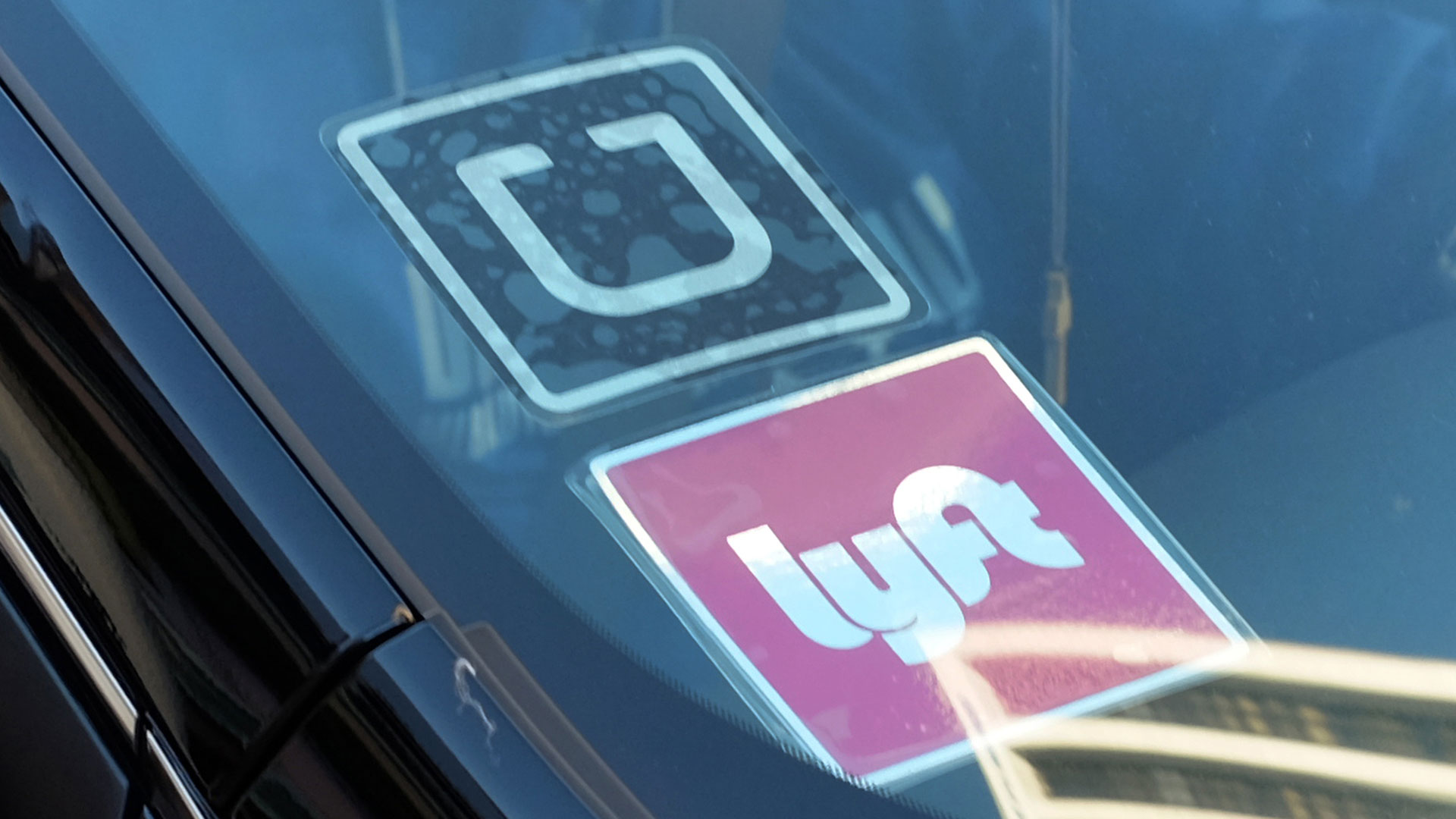

The fortunes of Uber and Lyft have taken dramatically different directions this year. Uber has faced a seemingly never-ending series of scandals, including a sexual harassment investigation that toppled CEO Travis Kalanick. Lyft, has largely avoided bad PR, and secured investment from Google parent Alphabet.
Yet, according to a recent survey conducted by Axios, the public’s perception of Uber is better than that of Lyft, with 37 percent of those surveyed viewing Uber in at least a somewhat favorable light, and 30 percent viewing Lyft as at least somewhat favorable.
Ultimately, the two largest ride-hailing companies operating in the United States may seem fairly close, but both Uber and Lyft ranked much lower in terms of positive perception than other tech companies in the survey.
Regarding Uber, 18 percent of survey respondents said they had a “very favorable” view of the company, and 28 percent said they had a “somewhat favorable” view. The largest share (35 percent) said they didn’t know how they felt, or didn’t provide an answer. Just 7 percent said they had a “very unfavorable” view, and 10 percent said they had a “somewhat unfavorable” view.
In comparison, 12 percent of survey respondents said they had a “very favorable” view of Lyft, and 18 percent said they had a “somewhat favorable” view. The majority of respondents (59 percent) were undecided or didn’t provide an answer. The percentage of definitely negative views was again smaller: 3 percent said they had a “very unfavorable” view, and 6 percent said they had a “somewhat unfavorable” view.
Those results put Uber and Lyft near the bottom of the nine companies surveyed in terms of positive views. Google topped the list, with 52 percent of respondents saying they had a “very favorable” of the company. It was followed by Amazon, with a 48 percent “very favorable” response. Uber was sixth in terms of “very favorable” responses, while Lyft was dead last. Tesla was just behind Uber, with a 17 percent “very favorable” response rate.
Public perception is particularly important in the ongoing battle between Uber and Lyft over market share. Lyft remains much smaller than Uber, but it’s tried to punch above its weight by portraying itself as a company with values. It even launched an ad in which Jeff Bridges philosophizes about choosing to “ride with the right people doing things for the right reasons.”
But the survey results indicate that neither company is very popular right now, so Lyft’s efforts to distinguish itself from Uber may not be working. As ride-hailing companies face more scrutiny from regulators over their business practices, Uber and Lyft will need the public on their side. But they may not get it.